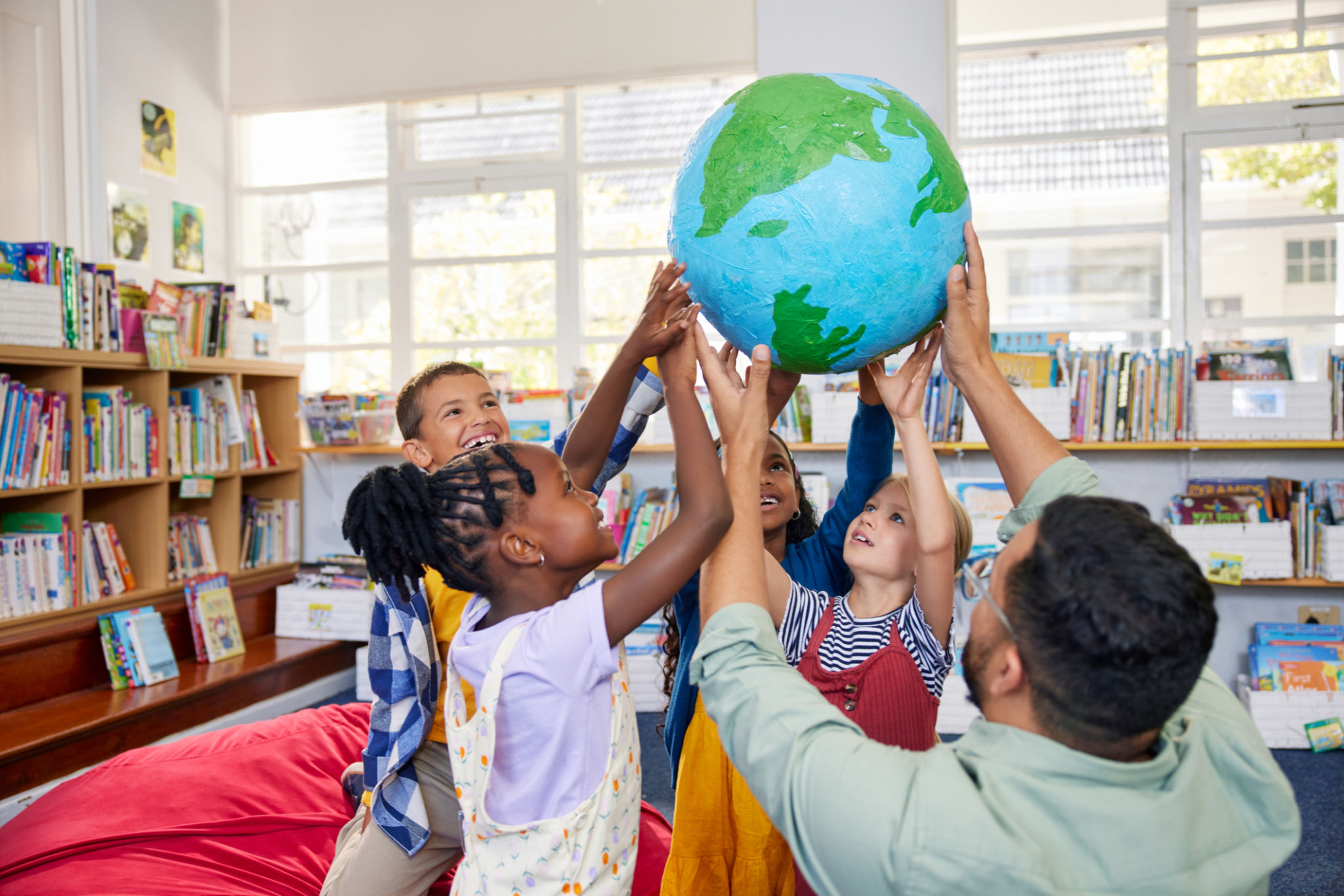The Role of Higher Learning in Building Stronger Families and Communities
The Impact of Higher Learning on Family Dynamics
Higher education plays a crucial role in enhancing family dynamics by providing individuals with the skills and knowledge necessary to navigate complex familial relationships. As people pursue advanced degrees, they often develop a deeper understanding of communication, conflict resolution, and critical thinking, all of which are essential for building strong family bonds.
Moreover, higher education can lead to improved economic stability, which is a significant factor in reducing stress and tension within households. With better job prospects and higher earning potential, individuals can provide more effectively for their families, creating an environment where relationships can thrive.

Fostering Community Engagement Through Education
Communities benefit immensely from higher education as well. Educated individuals tend to be more involved in community activities and governance, contributing to a vibrant civic life. They often volunteer, participate in local organizations, and take active roles in community decision-making processes. This engagement helps build a sense of solidarity and shared purpose among community members.
Additionally, higher learning institutions frequently serve as hubs of community interaction. Universities and colleges often host events, workshops, and public lectures that bring people together. These activities promote cultural exchange and foster a sense of belonging among community members.

Enhancing Social Mobility
One of the most significant benefits of higher learning is its potential to enhance social mobility. Education can break the cycle of poverty by opening doors to opportunities that might otherwise remain inaccessible. By equipping individuals with the credentials and skills needed to succeed in various career paths, higher education serves as a powerful tool for upward mobility.
This upward mobility not only benefits individuals and their families but also contributes to the overall economic health of communities. As more people achieve higher levels of education, they often reinvest in their communities, creating jobs and driving innovation.

The Role of Educated Parents in Child Development
Parents with higher education levels often pass the benefits of their learning onto their children. They tend to prioritize education and create environments that encourage academic achievement. Educated parents are more likely to engage in activities that promote cognitive development, such as reading with their children and encouraging curiosity.
This emphasis on education at home can lead to better academic performance and higher educational attainment for the next generation. As a result, families with a tradition of higher learning often experience a cycle of educational success that strengthens family ties and community connections.
Promoting Inclusivity and Diversity
Higher learning institutions are melting pots of diverse cultures, ideas, and perspectives. Exposure to this diversity enriches individuals' understanding of the world and promotes inclusivity. As students interact with peers from different backgrounds, they learn to appreciate and respect differences, which they carry into their family lives and community interactions.
This appreciation for diversity fosters inclusive communities where all members feel valued and respected. By promoting inclusivity, higher education helps create communities that are not only strong but also harmonious.

Conclusion: A Collective Effort Toward Stronger Communities
The role of higher learning in building stronger families and communities is multifaceted. By fostering economic stability, encouraging civic engagement, enhancing social mobility, supporting child development, and promoting inclusivity, higher education serves as a foundational pillar for societal growth and cohesion.
As we look to the future, it is essential to continue supporting access to higher education for all individuals. By doing so, we can ensure that families and communities continue to benefit from the profound impacts that higher learning offers.
